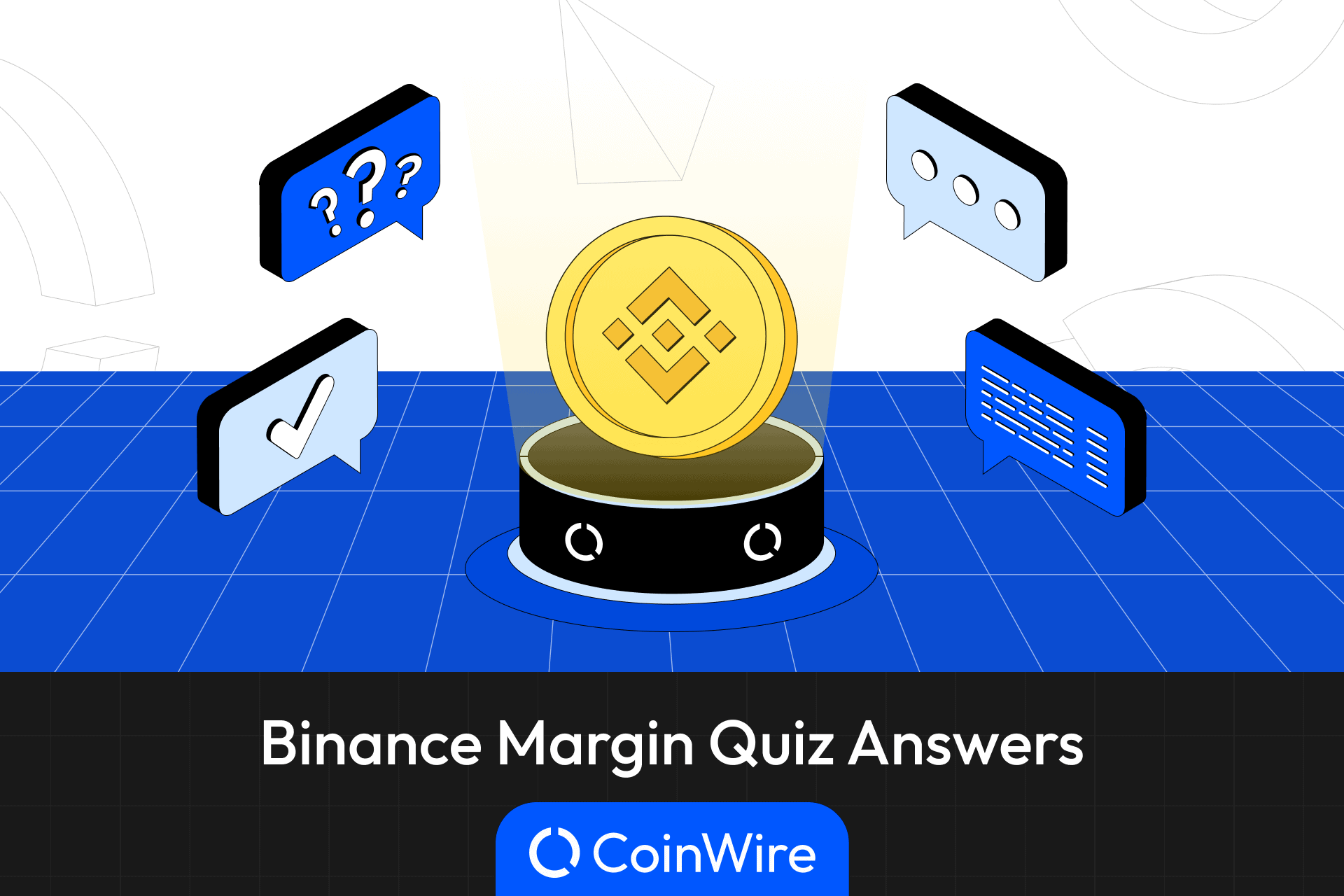
Avalanche, a layer-1 proof-of-stake blockchain network, gets a new cross-chain bridge from Umbria Network to help traders transfer liquidity between the Ethereum mainnet and the Avalanche blockchain.
Avalanche supports multiple virtual machines, including WebAssembly and Ethereum Virtual Machine, allowing different sub-chains to incorporate a specific way of operations.
Multiple virtual machine support enables easy connection with Avalanche. The network launched its official Ethereum bridge in 2021 to allow the two-way transfer of ERC-20 and ERC-721 tokens across the two blockchains. But the network’s growth and its native token, AVAX, have been seeing serious gains over the last few months, leading to the creation of third-party cross-chain bridges.
Narni, a new cross-chain bridge by the Umbria Network, promises to offer a 90% cheaper transaction fee compared to the official Avalanche bridge. The platform claims its bespoke system, which uses single-asset liquidity pools and a custom oracle protocol that reduces the computational complexity of bridging, reduces the cost by up to 90%.
Talking about the role of AVAX and cross-chain bridges, Barney Chambers, co-founder and co-lead developer of Umbria, explained to Cointelegraph that the Avalanche blockchain allows decentralized applications that are not economically feasible on Ethereum. He added:
“Umbria is acting as the glue between all of the layer-1 and layer-2 blockchains, enabling users to move their assets in a cheap and timely manner. At Umbria, we envision that, in the future, users will not even need to know what blockchain they are using.”
Related: How Polkadot’s parachain auctions make a decentralized Web3 possible
Cross-chain bridges have become a lifeline for the decentralized finance ecosystem, especially when the gas fee issue on Ethereum refuses to die down and seems it will persist until the transition to Ethereum 2.0. Avalanche, BNB Chain, Solana and Tezos have come forward as popular blockchains with cross-chain bridge support.







